According to the New York Times , CEO Jensen Huang continues to have to tread carefully as he tries to ensure Nvidia does not become a pawn in a geopolitical game. His strategy, while cautious, is helping the company maintain its number one position in the global AI industry.
However, the balance between the two superpowers is not easy to maintain, especially when export restrictions, political pressure and technological competition are increasingly tense.
Skillfully balanced strategy
As trade tensions between the U.S. and China continue to escalate, CEO Jensen Huang traveled to Beijing, where he struck a cautious tone about his role in pushing Washington to ease restrictions on AI chip exports to the East Asian country.
At a 95-minute press conference on July 16, Mr. Huang downplayed his personal influence in persuading the Trump administration, while avoiding in-depth comments on China’s new control measures.
“I don’t think I changed President Trump’s mind. My job is to inform what I know very well, which is technology, artificial intelligence and global development,” said CEO Huang.
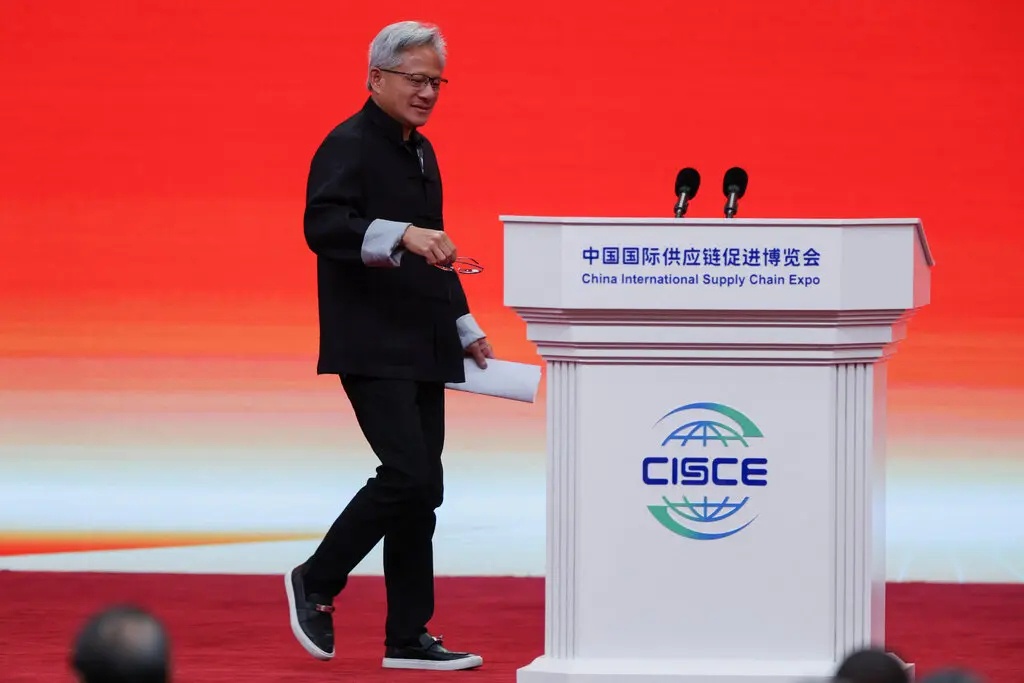 |
Nvidia CEO wants to resume sales of advanced AI chips to the Chinese market. Photo: Reuters . |
In recent days, Mr. Huang has met with senior officials in both Washington and Beijing, as part of an effort to protect the business interests of Nvidia, a company that occupies a central position in the global AI supply chain. Nvidia’s advanced chips are at the core of the world’s most powerful AI systems, experts say.
Mr. Huang’s modesty is seen as a strategic choice as the world’s most valuable company finds itself caught in “two political crossfires,” according to the New York Times . Recent U.S. administrations, from Biden to Trump, have tightened export regulations to curb China’s AI capabilities. Meanwhile, China has responded with a policy of technological autonomy, encouraging companies like Huawei to develop alternatives.
Still, Mr. Huang emphasized the importance of the Chinese market in the global technology ecosystem. “China has half of the world’s AI researchers. And to be a technology leader, you need a big market,” Mr. Huang added.
Strategic concessions
The big story this week was that Washington allowed Nvidia to sell its advanced AI chip, the H20, to the Chinese market after months of lobbying. According to Bernstein Research, Nvidia’s revenue from China will account for $17 billion of its total revenue in fiscal 2024. The continued sale of the product is seen as a temporary relief for the company, helping to absorb inventory that was at risk of being buried by the ban.
Still, Nvidia’s CEO was tight-lipped about the size of the new deal, and he made no secret of the fact that export controls will continue to be part of a long-term strategic game between major nations.
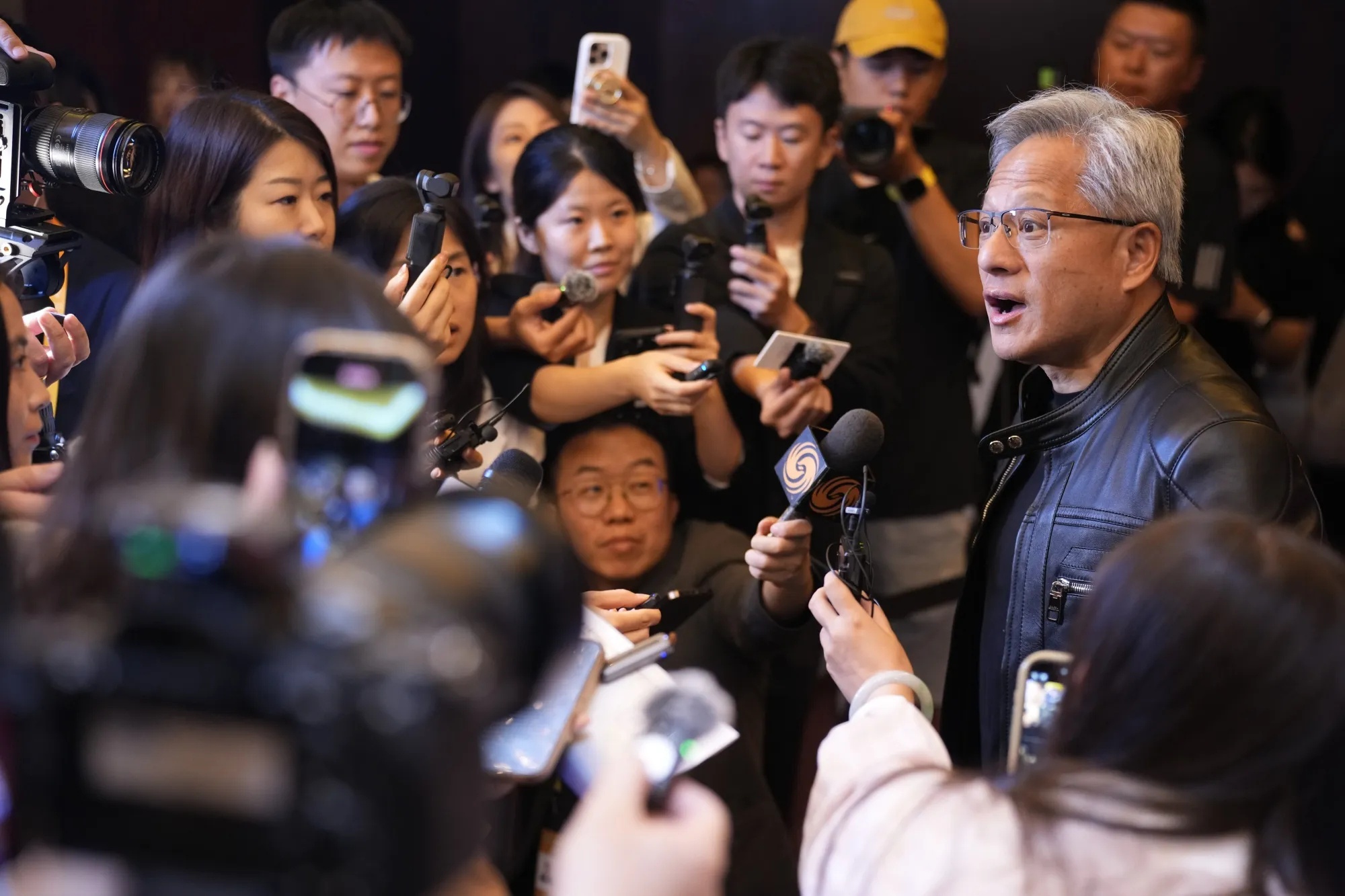 |
Jensen Huang is modest when talking about the Chinese market. Photo: Bloomberg . |
“Some of Nvidia’s previous inventory may be circulating in the near term. Export controls are a pillar of national security. They are part of a global regulatory regime that has been in place for a long time,” Nvidia’s CEO said.
Commerce Secretary Howard Lutnick said on July 15 that the plan to resume sales of H20 AI chips to China is part of US negotiations on rare earths and comes days after Nvidia CEO met with President Donald Trump.
“We’ve included that in the trade deal,” Lutnick told Reuters, referring to the deal Trump signed to restart shipments of rare earths to US manufacturers.
In contrast to the US compromise, China this week announced its own controls targeting the overseas transfer of eight key chemical technologies related to electric vehicle batteries, including dysprosium, a rare earth metal that plays a role in chipmaking.
However, Mr. Huang affirmed that this has not had a significant impact on Nvidia. The amount of dysprosium that the company uses is not too large, so they can consider finding alternative solutions to minimize the impact.
Source: https://znews.vn/ceo-nvidia-than-trong-khi-den-trung-quoc-post1569277.html


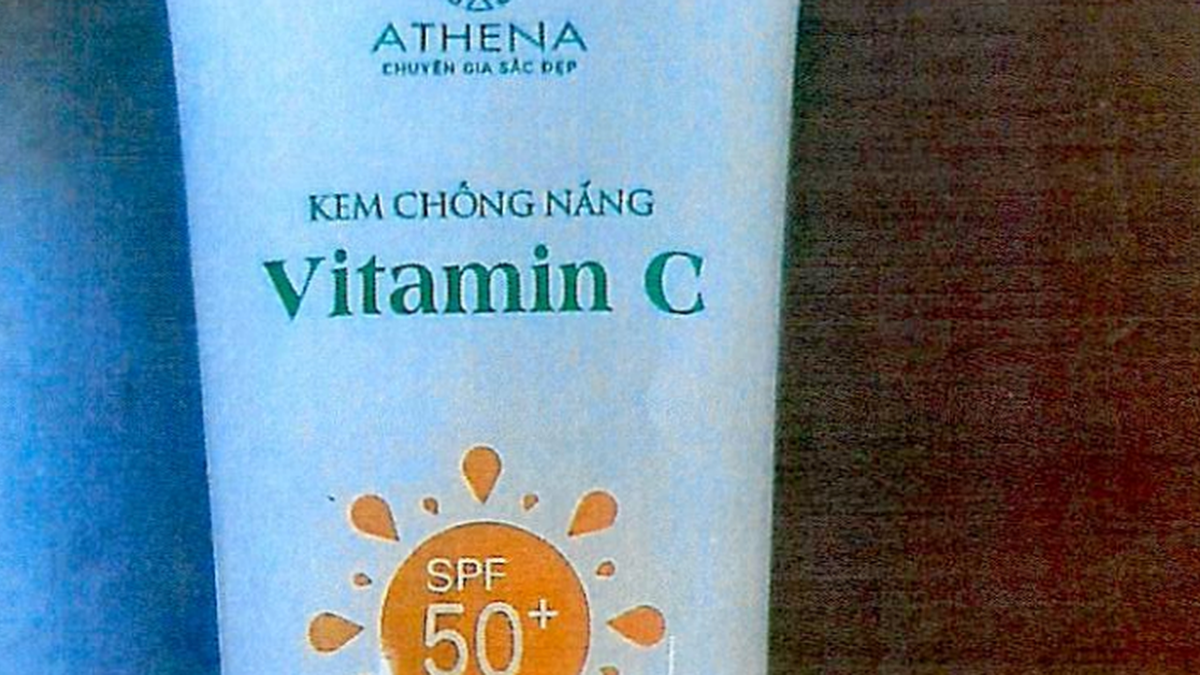

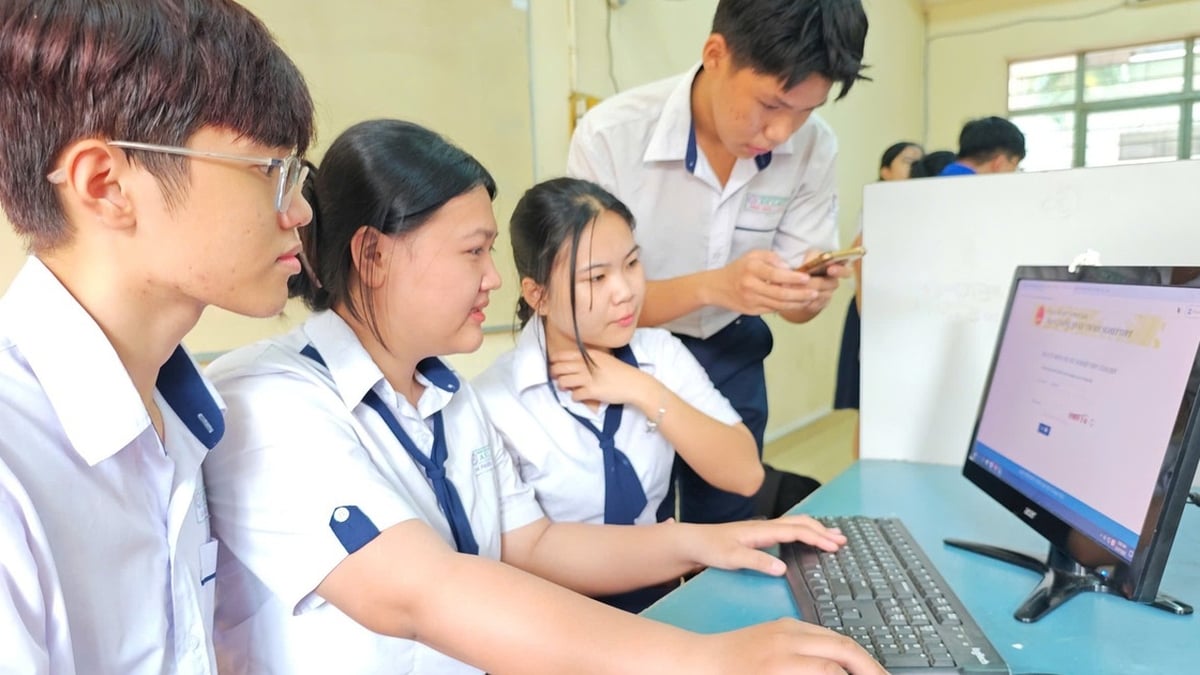
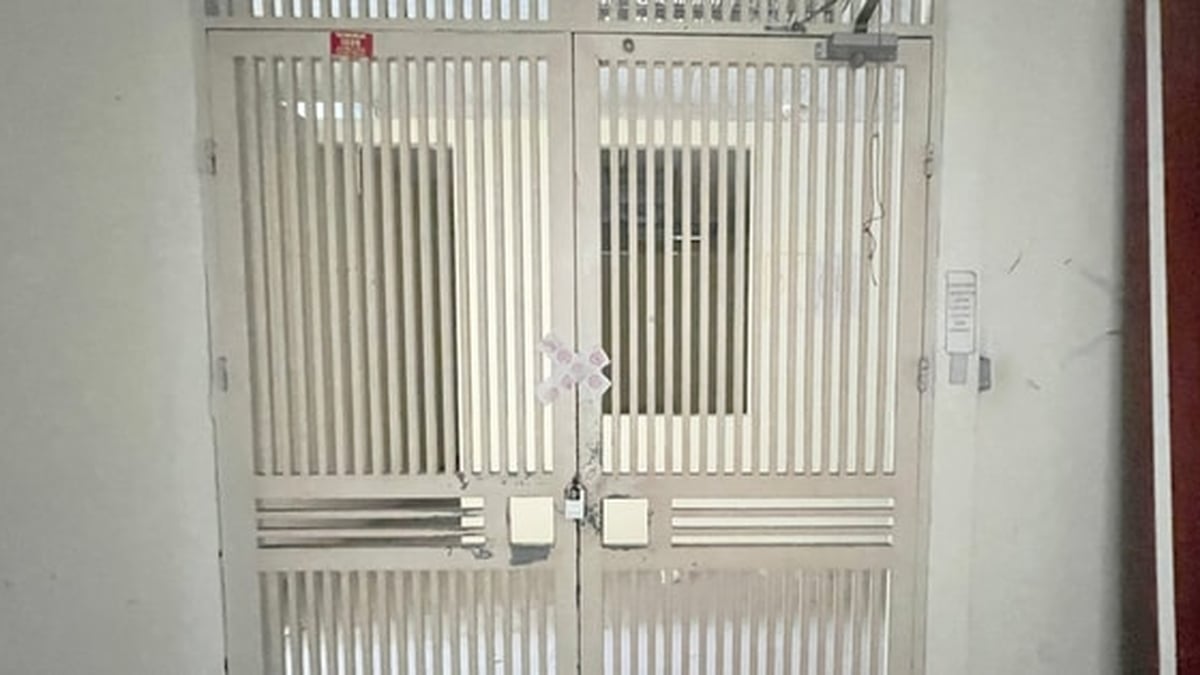

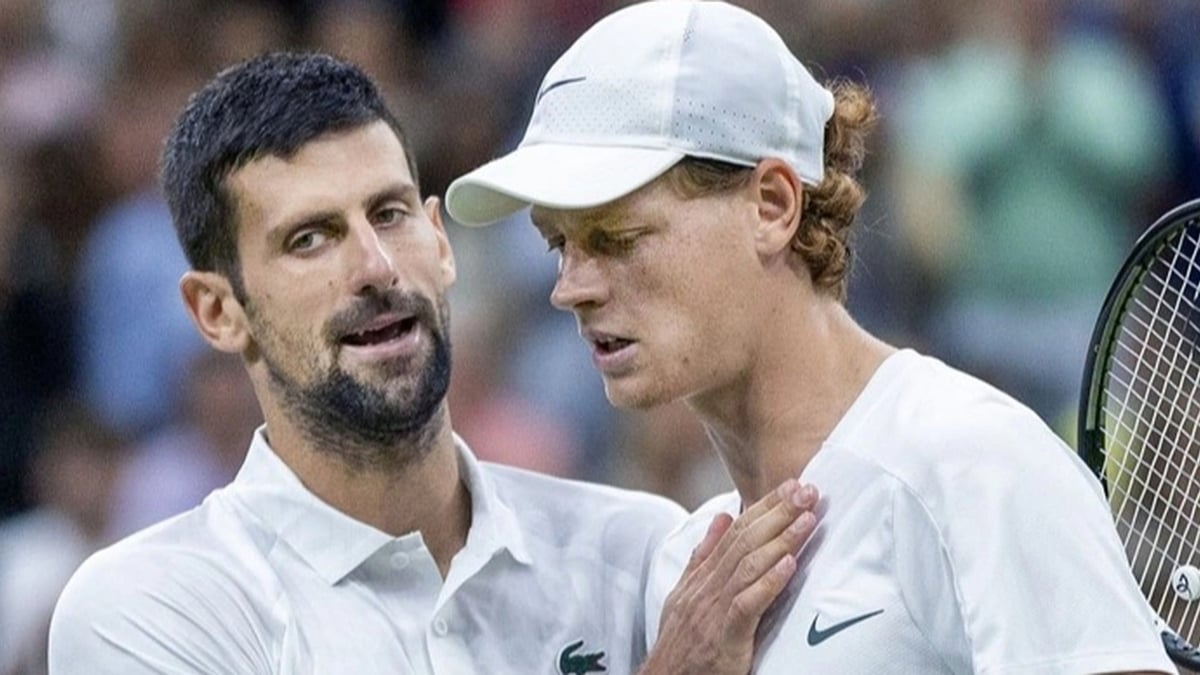
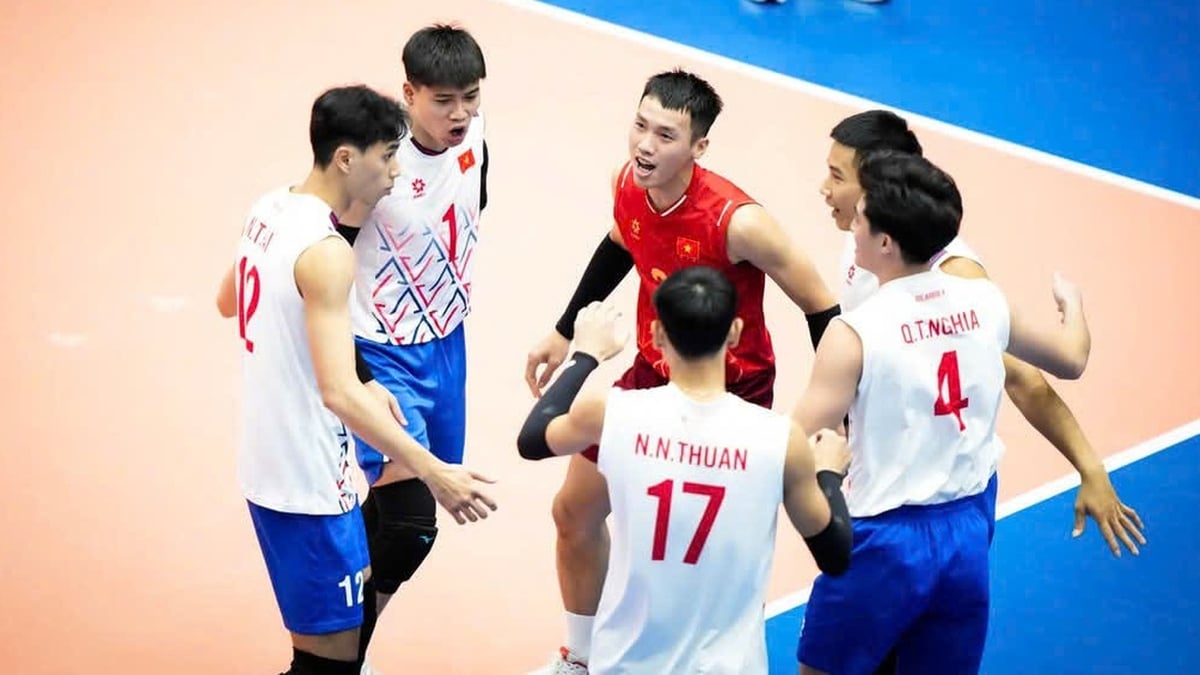
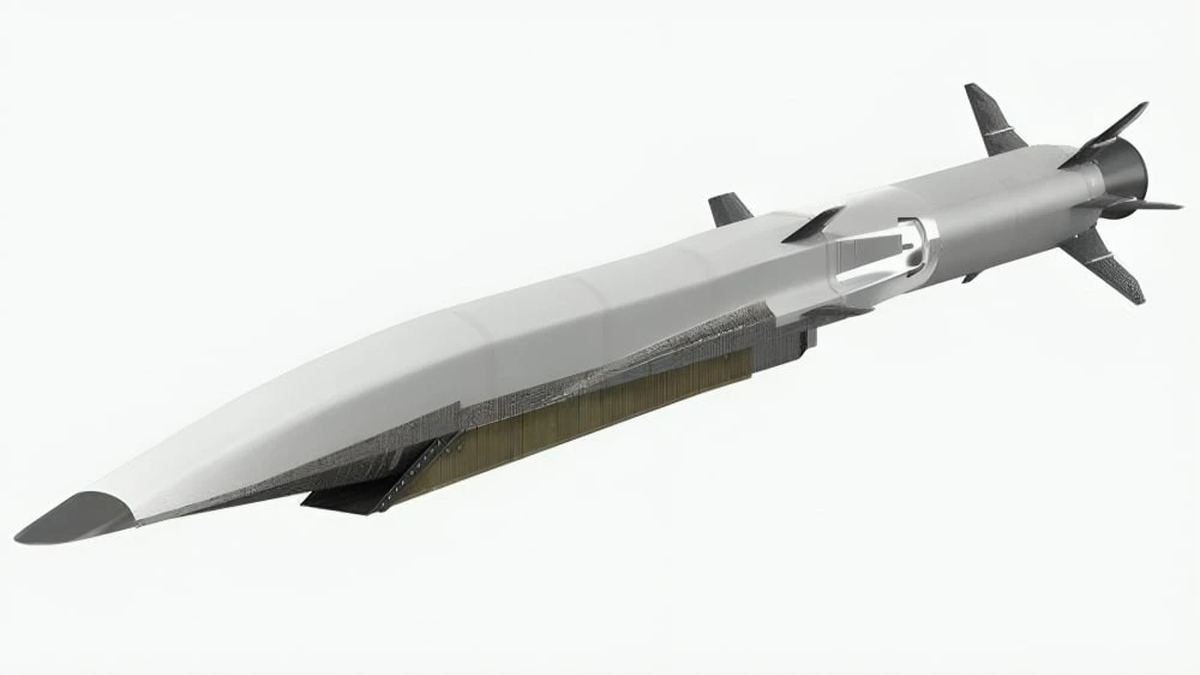

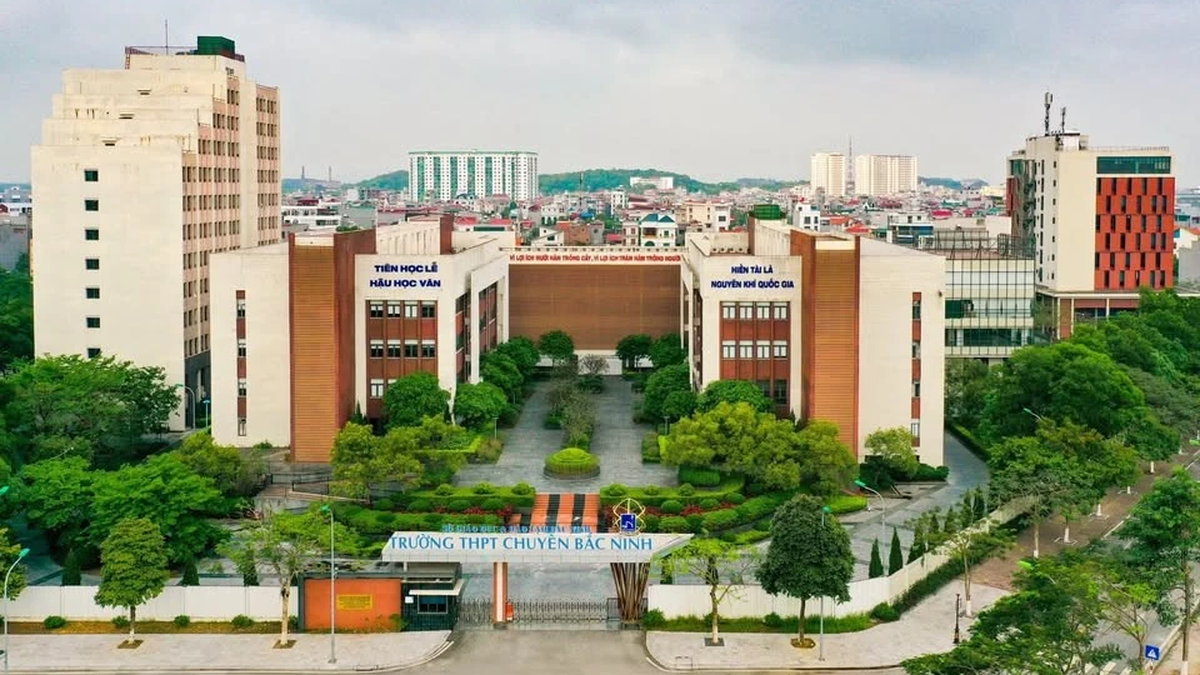
























































































Comment (0)